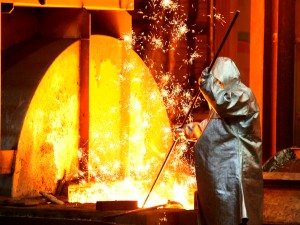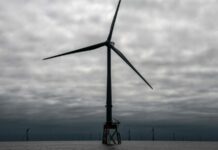
[miningmx.com] – COMMENTS by Zimbabwe that it intends to soften its empowerment laws – known as indigenisation – is not the surprise it first seems … when you know the reasons for it.
Indigenisation has been the cause of heartburn for South Africa’s platinum miners Impala Platinum (Implats), Aquarius Platinum and Anglo American Platinum (Amplats) for years following a government pronouncement (and subsequent legislation) demanding they sell control of the assets to the government.
After years of wrangling, a deal was struck in 2012, but a year later Zimbabwean president, Robert Mugabe, annulled it and posted the minister responsible for it elsewhere in his cabinet. Now, however, Zimbabwe has suggested it may not apply indigenisation in the same way in other sectors.
Said Jonathan Moyo, Zimbabwe’s information minister in an interview with the Sunday Post: “We are reviewing and tightening the indigenisation and empowerment policy by being pragmatic without being dogmatic about it’.
Added Moyo: “[Foreign] investors will be allowed to recover their initial capital investment, an appropriate return on investment, and operational costs before sharing of production outputs or profits’.
The reason for the moderation, however, is strictly economic. In two of Zimbabwe’s most important industries – power generation and steel-making – which are both crucial to its manufacturing sector, there’s an urgent need to invite foreign investment.
Firstly, Indian conglomerate Essar Group has resuscitated a transaction to recapitalise Zimbabwe’s state-owned Zicosteel – to be rename NewZim Steel – for $750m. It requires the Indians, however, to take a 54% stake probably because an investment of this scale would require control. Added to the steel plans, there’s a proposal to build a 600MW power station.
Coal for the power station can be supplied by Hwange Coal Colliery (HCC), the Johannesburg-listed company, but there’s no guarantee of this either as HCC is also horribly under-capitalised and may have to retrench half of its 3,000 employees anyway. So Essar is also looking at establishing coal mine joint ventures with other emerging companies operating in the sector.
The second reason for going soft on the indigenisation strategy is HCC itself. So bad are its finances that it may have to opt for a $50m recapitalisation by an existing shareholder, the controversial UK property magnate, Nicholas van Hoogstraten.
Van Hoogstraten has proposed injecting new capital into the company but only on the proviso that his company takes its 30% stake northwards of 50% which would edge out the Zimbabwean government as the coal producer’s largest shareholder with a 37% stake.
Regardless of how Zimbabwe may want to legislate its future, it’s clear that in this particular case of economic expedience, foreign capital trumps policy.
.











